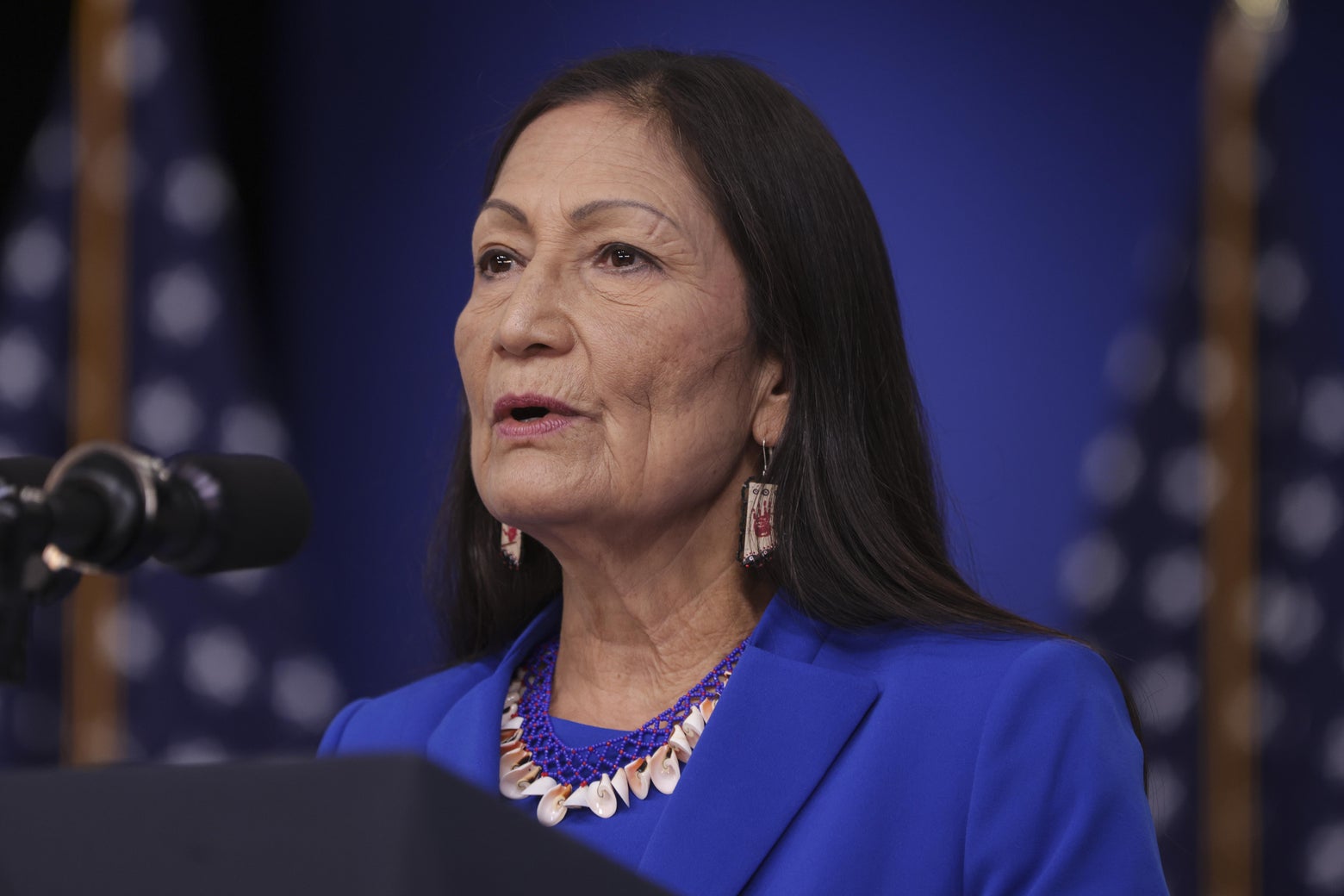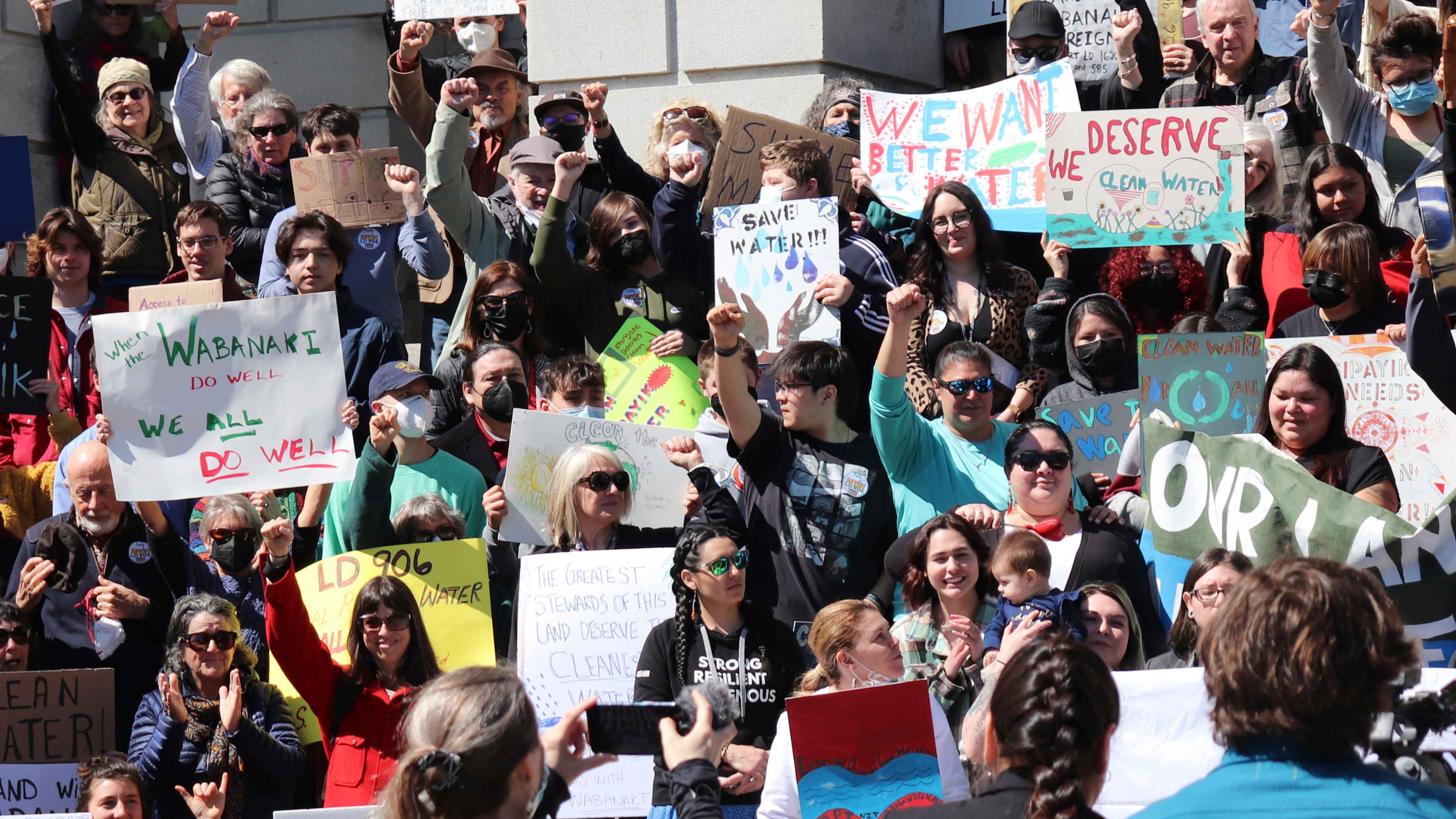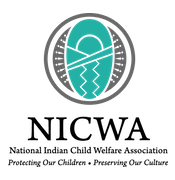Disir
Platinum Member
- Sep 30, 2011
- 28,003
- 9,608
- 910
It’s racist against white people and racist against Native Americans. It keeps neglected Native children out of the loving arms of white parents. It’s the federal government overstepping and trampling states’ rights. These are the outlandish charges being made against the 44-year-old federal law known as the Indian Child Welfare Act of 1978 (ICWA). On Wednesday, the Supreme Court will hear arguments in Haaland v. Brackeen, a case manufactured to take down ICWA. Gibson Dunn, a law firm best known as a good friend of powerful corporations, is leading the charge against Native families—and handling the case for free.
Contrary to the right-wing conspiracy theory underlying the challenge, ICWA was not designed to keep Indian children in dangerous Indian households at all costs. In fact, the placement priorities of ICWA only come into play once a determination of child safety has already been made. What ICWA does do is model best practices such as requiring legal cause to be shown for termination of parental rights, prioritizing children’s placement with extended family, and valuing preservation of a child’s heritage by keeping them within their culture when possible. This is especially urgent to stanch the loss of indigenous identity through generations of previous disastrous child welfare policy.

 slate.com
slate.com
They heard it on Wednesday. Here are some documents.
Docket for 21-376
Fox had an updated article.

 www.foxnews.com
www.foxnews.com
I support ICWA for the most part. There are times when I think it can take too long and becomes detrimental to everyone involved.
Contrary to the right-wing conspiracy theory underlying the challenge, ICWA was not designed to keep Indian children in dangerous Indian households at all costs. In fact, the placement priorities of ICWA only come into play once a determination of child safety has already been made. What ICWA does do is model best practices such as requiring legal cause to be shown for termination of parental rights, prioritizing children’s placement with extended family, and valuing preservation of a child’s heritage by keeping them within their culture when possible. This is especially urgent to stanch the loss of indigenous identity through generations of previous disastrous child welfare policy.

The Supreme Court May Ensure Native Kids’ Ancestry Is Erased—Just Like Mine Was
The Indian Child Welfare Act helped keep indigenous families together. Now SCOTUS could tear the law apart.
They heard it on Wednesday. Here are some documents.
Docket for 21-376
Fox had an updated article.

Supreme Court debates federal law dealing with adoptions for Native American children
A divided Supreme Court offered measured support for a federal law that gives placement preferences to Native families in adoption matters involving Native children.
I support ICWA for the most part. There are times when I think it can take too long and becomes detrimental to everyone involved.


